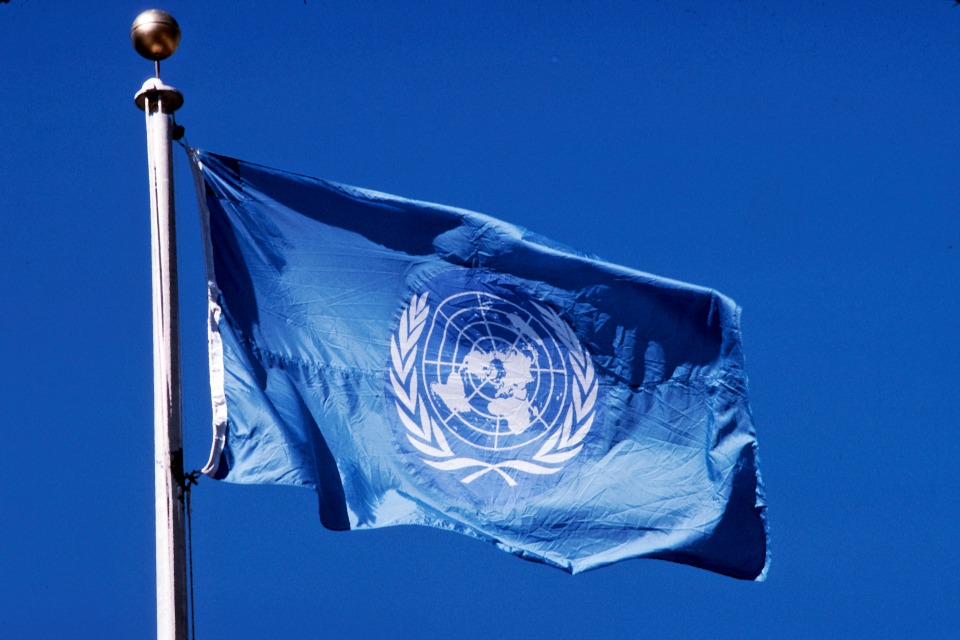“Historical understanding is a key component of productive diplomacy”
UK Statement by Ambassador Lyall Grant to the UN Security Council Debate on War and the Lessons from History

Thank you Mr President,
Thank you for choosing this imaginative and important theme for today’s debate. Applying our conflict prevention responsibilities effectively requires us to have the deepest possible understanding of conflict. Too often in the Council, our attention is focused on the proximate causes and immediate triggers of conflict. This debate, and your thoughtful concept note, usefully encourage us to look deeper and more searchingly into the underlying causes and historical roots of conflict.
Historical understanding is a key component of productive diplomacy. Cicero famously said that “not to know what took place before you were born, is to remain forever a child”. Understanding history deepens our understanding of the contemporary challenges confronting the Security Council. It helps us to determine better the right policy responses; to draw conclusions from what has happened in the past; to avoid repeating past errors or, to paraphrase Einstein’s definition of insanity, to do the same things and expect different results.
Mr President,
As diplomats and representatives of our governments, we have important responsibilities towards history.
Our national histories are important parts of our identities as nation states. All countries rightly take pride in their achievements as nations; the sacrifices made by their armed forces; and in the distinguished individuals that have shaped their culture and history, who may appear on our banknotes and in the statues in our squares. Treated responsibly, these histories can bind us together.
But we also have a responsibility to address our history in an objective and unprejudiced way which does justice to the truth and which, by acknowledging the mistakes of the past, contributes to a secure and stable future.
This is important not just because historical truth has a value in its own right. But also because addressing the past honestly provides a basis for shared understanding, healing divisions and moving forward.
The Truth and Reconciliation Commission in South Africa provides a powerful example of the value of confronting a painful period of a country’s past in a transparent and fearless manner.
In the United Kingdom, the Saville Inquiry, completed in 2010, provided a full picture of the tragic events of 30 January 1972 in Northern Ireland, known as Bloody Sunday. In presenting the results of that Inquiry to Parliament, and in apologising on behalf of the government and the country, Prime Minister David Cameron voiced a wider truth about historical responsibility. He said:
“Openness and frankness about the past, however painful, do not make us weaker, they make us stronger.”
Mr President,
Just as a responsible approach to history can contribute to peace and security so, sadly, the opposite is true.
The conflicts in the Balkans in the 1990s provide an object lesson in the consequences of political leaders abusing history. By harnessing a skewed historical narrative to fuel extreme nationalist ideologies and to promote hatred and tension between different ethnic or religious communities. Or, as Sir Winson Churchill put it: “The Balkans produce more history than they can consume.”
History should never be treated as a form of intellectual ammunition to incite, conduct or prolong conflict. Historical disputes should not be perpetuated or used for political ends.
We should never forget or dismiss the past, but we should be ready to move on from it.
Mr President,
We have another important responsibility: to draw appropriate lessons from the past.
The United Nations itself exemplifies this.
A profound understanding of the consequences of two World Wars and the inadequacies of the inter-war League of Nations informed the structure and the founding principles of the United Nations. An understanding of the lessons of the past helped give rise to an enduring and resilient multilateral organisation which has made an incalculable contribution to international peace and security.
But the United Nations too needs to look self-critically at its history and draw the necessary lessons. This year will see the 20th anniversary of the genocide in Rwanda. Next year will see the 20th anniversary of the genocide carried out in Srebrenica. Both are tragic stains on the reputation of the United Nations and the Security Council. That is why it is right that we now seek to embed policies such as the Protection of Civilians, the Responsibility to Protect and welcome new approach of “Rights up Front” to our work.
Mr President,
This year marks one hundred years since the start of the First World War, a defining moment of the twentieth century. This was the first war on a truly global scale, unleashing casualties in numbers never seen before.
What is striking about 1914 from today’s perspective is the absence of any kind of multilateral framework that was able to check the descent into war by the major European powers. A situation had arisen in which, at a point of international tension and dispute, the default was towards conflict rather than dialogue, negotiation or mediation. The Generals stepped forward, the diplomats stepped back.
One hundred years later, that is a lesson that we must never forget. This body, the Security Council of the United Nations, has the primary responsibility for the maintenance of international peace and security. We must discharge that responsibility in its fullest sense: bridging our differences to arrive at a common purpose; drawing on the deepest possible historical understanding; heeding early warnings; actively anticipating conflict and using all the tools at the Council’s disposal to deliver effective conflict prevention.
Thank you Mr President